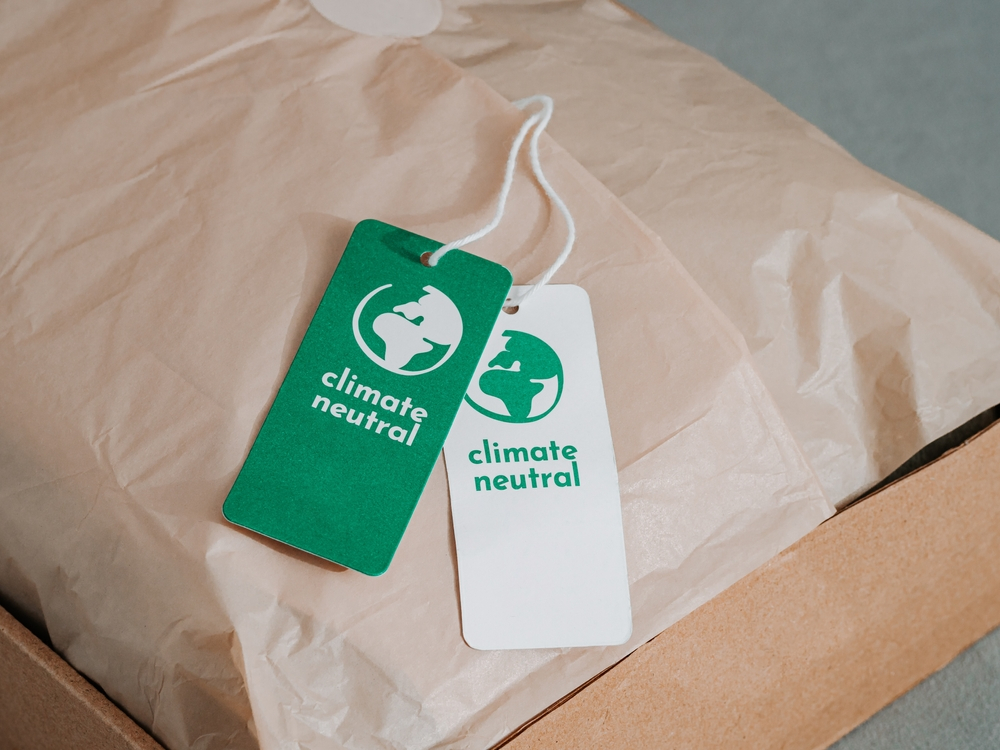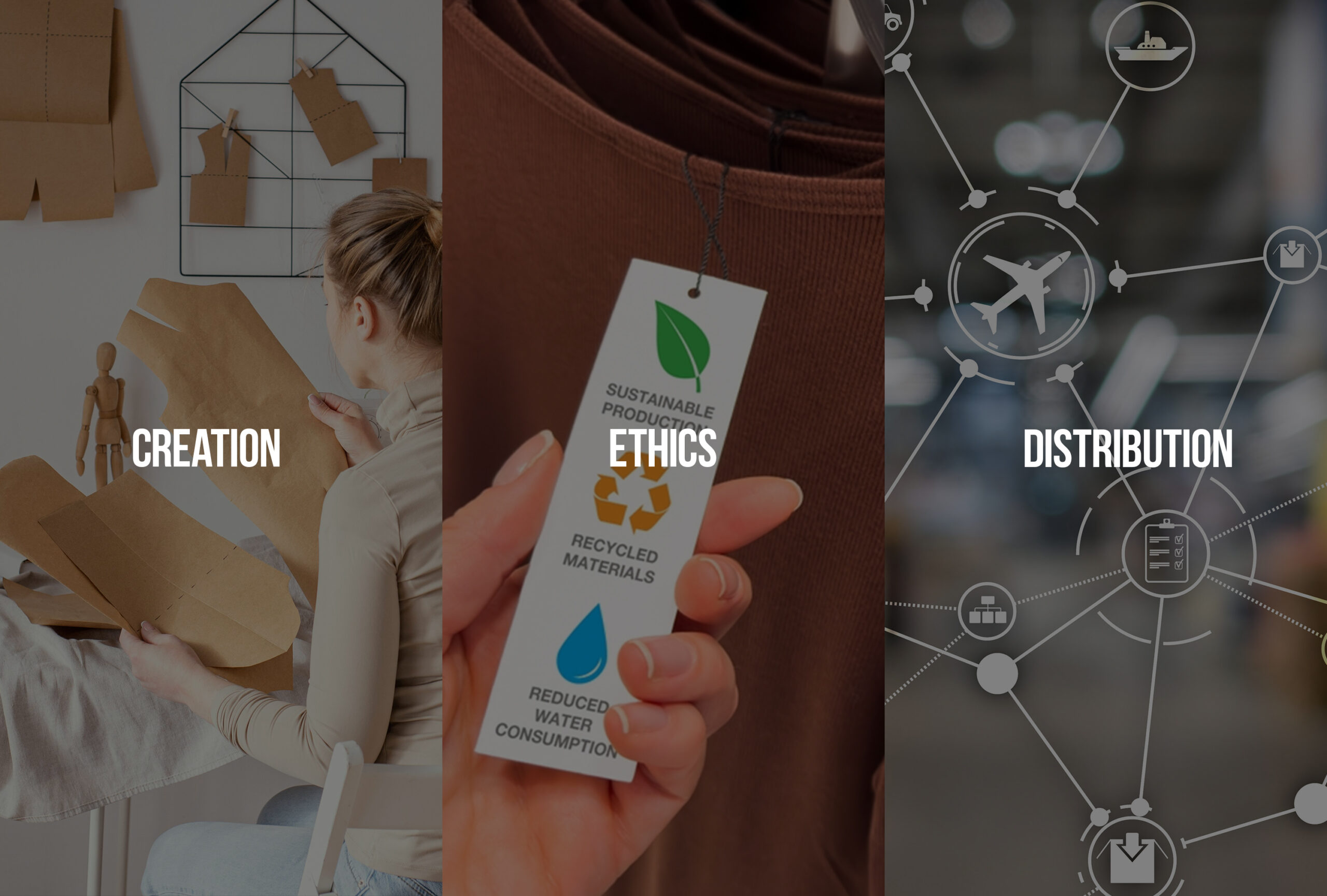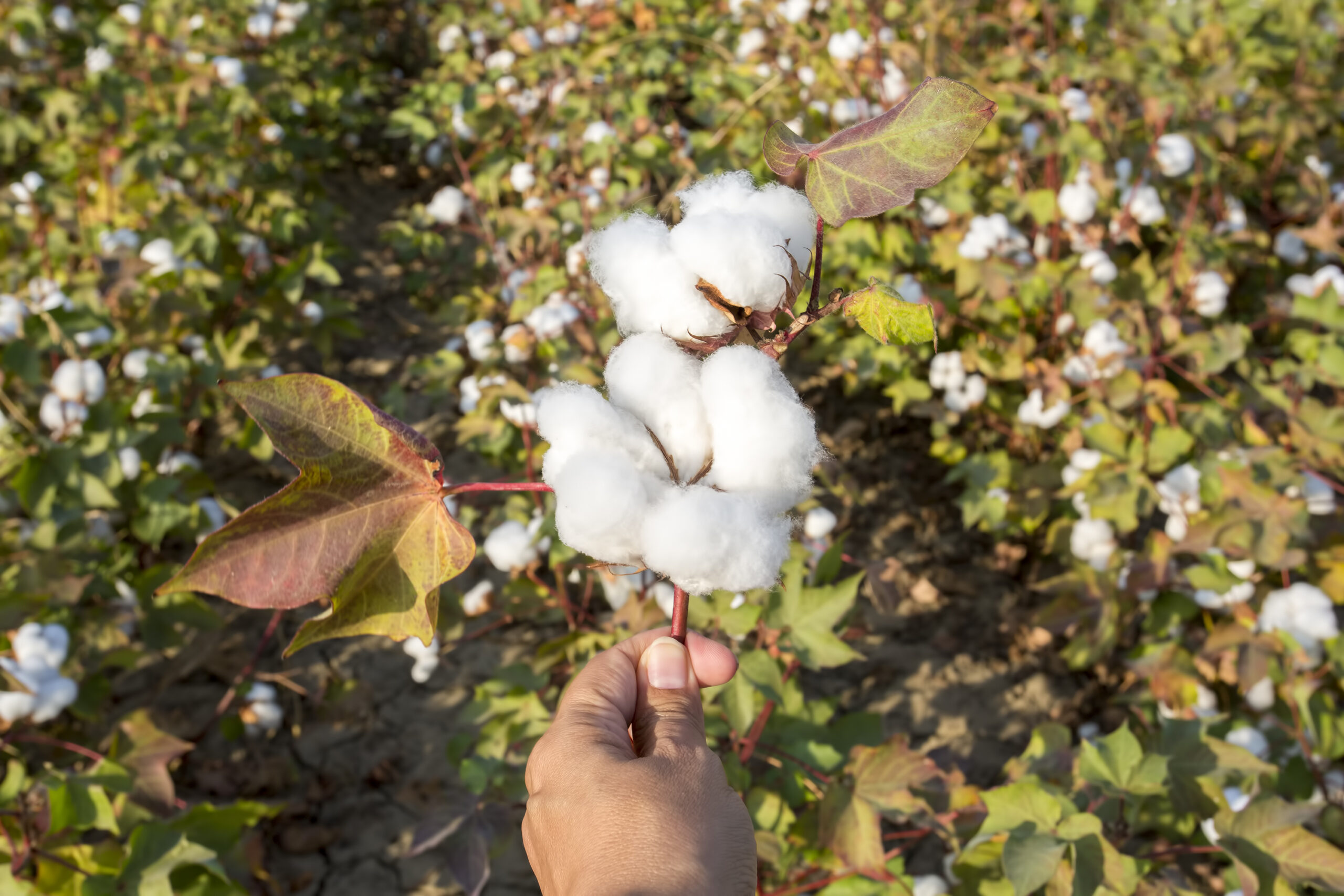Sustainable fashion options have increased in a time when environmental awareness is the given top priority. Recycled polyester the buzzword of the decade, one such extraordinary discovery that is causing a stir in the textile business. Recycled polyester is revolutionising the way we think about and make apparel because of its commitment to the environment and extraordinary versatility.
Recycled polyester: what is it?
Polyester created from recycled waste is often referred to as rPET, a type of synthetic fabric. Made out of packaging, recovered plastic bottles, and other post-consumer plastic waste that is thoroughly cleaned, melted, and reformed to produce fibres that are almost identical to those of conventional polyester. These fibres are then woven which can be used in various industries including garment, accessories and home textiles

Pros of Recycled Polyester:
Reduces Wastage: One of the most major advantages of recycled polyester is its ability to reduce plastic waste from landfills and seas, hence minimizing environmental pollution.
Savings on energy: Recycled polyester requires less energy than virgin polyester. Recycling uses less resources, which reduces the carbon impact.
Lower Emissions : Recycled polyester has a lower environmental effect since it emits less greenhouse gases throughout the manufacturing process.
Resource conservation: Recycling old plastic components saves petroleum and lowers demand for raw materials needed in typical polyester production.
Water Saving: Water Savings: When compared to standard polyester manufacturing, which is known for consuming a lot of water, recycled polyester manufacturing uses a lot less.
Cons
Variability in Quality: In which part of the world is recycled polyester been purchased from might occasionally affect the quality. This might have an impact on the fabric’s overall feel and tensile strength.
Microfiber:Recycled polyester fibres, like regular polyester, can shed microplastics after washing, which may contribute to the microplastic contamination of waterways.
Use of Chemicals: Recycling process could involve the use of certain chemicals, which, if handled improperly, could raise issues with regard to worker safety and environmental effect.
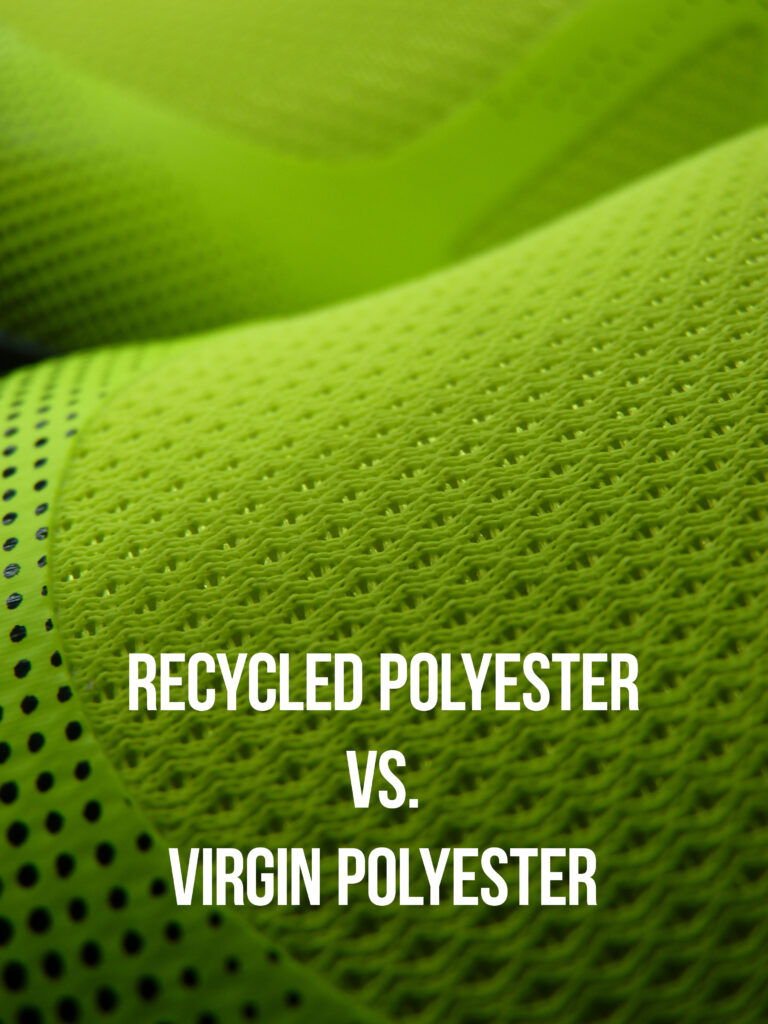
Statistics:
- The Sustainable Apparel Coalition cites statistics demonstrating that recycled polyester has a about 75% lower carbon footprint than virgin polyester.
- The Textile Exchange reported ,Around 3.5 million metric tonnes of recycled polyester were generated worldwide in 2020,
- Recycling polyester might reduce microfiber shedding in the fashion industry by around 40%, according to research that was published in the journal “Environmental Science & Technology.”
- Recycled polyester (rPET) had a sharp increase in demand between 2010 and 2020. The predicted 4 million metric tonnes in 2010 has increased to more than 22 million metric tonnes by 2020. Within the previous ten years, the demand has multiplied five times.
Brands Championing Recycled Polyester:
Recycled polyester is being promoted by a number of well-known fashion labels and businesses as part of their sustainability efforts.
Patagonia: Patagonia known for its commitment to sustainability has been working with Recycled polyester in many of the company’s outdoor clothes and accessories
Adidas: This sportswear juggernaut uses recycled polyester in its merchandise, helping to support efforts to cut down on plastic waste.
H&M: In an effort to make sustainable clothes more affordable for a larger audience, the fast-fashion company has produced collections with recycled polyester.
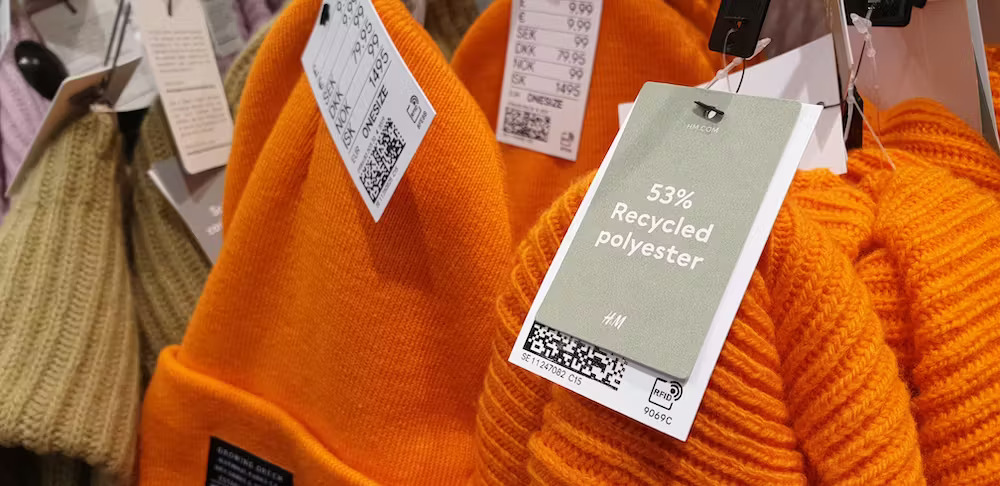
Eileen Fisher : The company that places a strong emphasis on ethical and ecological business practices has been employing recycled polyester to make classic, earth-friendly clothes.
In conclusion, recycled polyester stands as a beacon of hope in the quest for sustainable fashion. With its ability to reduce plastic waste, conserve resources, and lower carbon emissions, this innovative fabric holds the potential to reshape the textile industry for the better. While challenges such as quality consistency and microfiber shedding exist, the continuous efforts of brands and consumers alike are propelling the adoption of recycled polyester toward a greener, more eco-friendly future.



